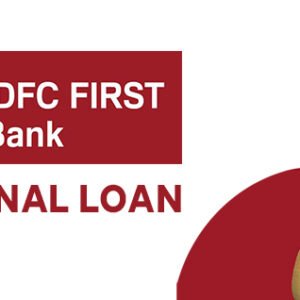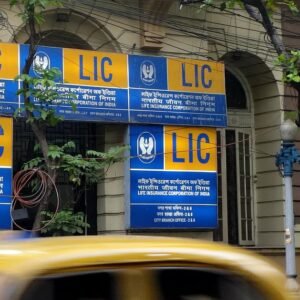[ad_1]
Management’s guidance of an Rs 800-1,200 crore Ebitda increase by financial year 2028 is seen as achievable. UBS forecasts Rs 1,000 crore Ebitda growth over financial years 2025-2028, driven by fixed-cost savings from renewable energy use, better capacity utilisation, and gradual price realisation improvements. New capex is expected to have limited impact initially but should support long-term growth.
Recent capacity expansions across MMA, nitrotoluene, and ethylation suggest ample headroom for volume growth. However, the DCB segment, linked to the global auto sector, may remain weak due to softness in the global automotive sector.
Meanwhile, exports in agrochemicals and pharma have increased, aided by seasonality and recovering demand. The shift towards a “product-push” strategy supported by long-term relationships offers resilience against market fluctuations.
Despite high net debt of Rs 3,500 crore and a fiscal 2026E net debt/Ebitda of 2.8 times, UBS does not view leverage as a major concern. Instead, it may enhance earnings leverage as the cycle turns and utilisation rises.
Aarti’s stock has remained largely flat over the past six months and trades below its five-year average EV/Ebitda, indicating that the market has yet to price in the company’s recovery and strategic transformation.
UBS estimates a 25% CAGR in Ebitda and 41% CAGR in profit for the financial years 2025-2028, driven by increasing utilisation, improved margins, and cost controls.
[ad_2]















